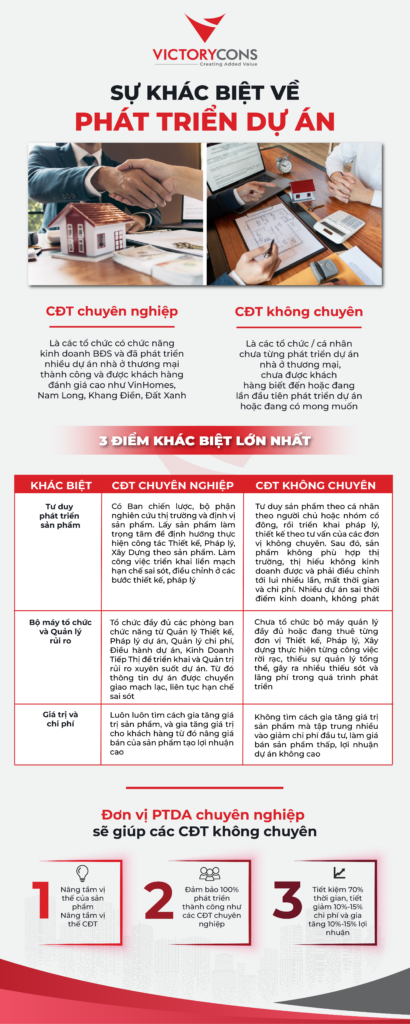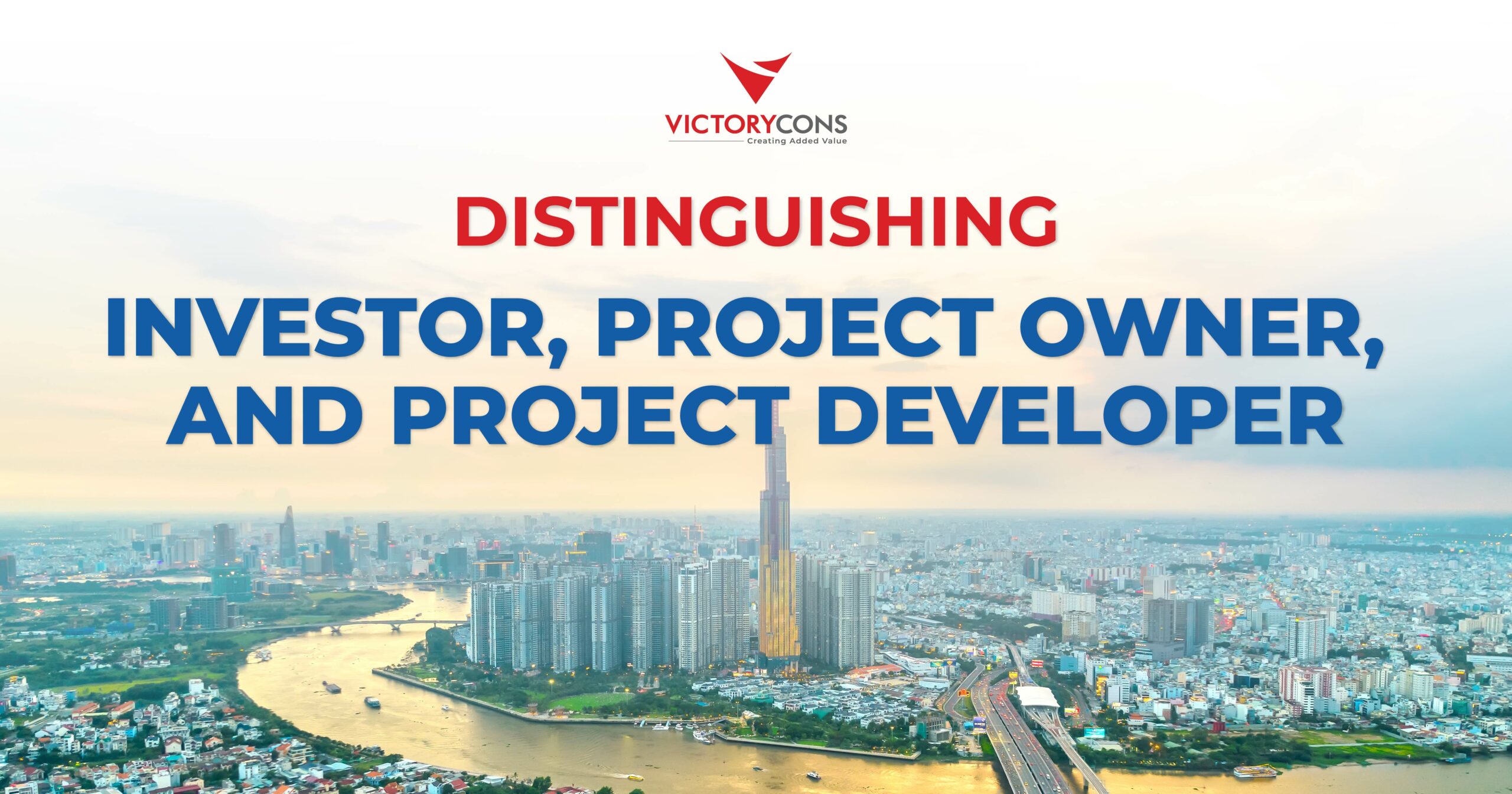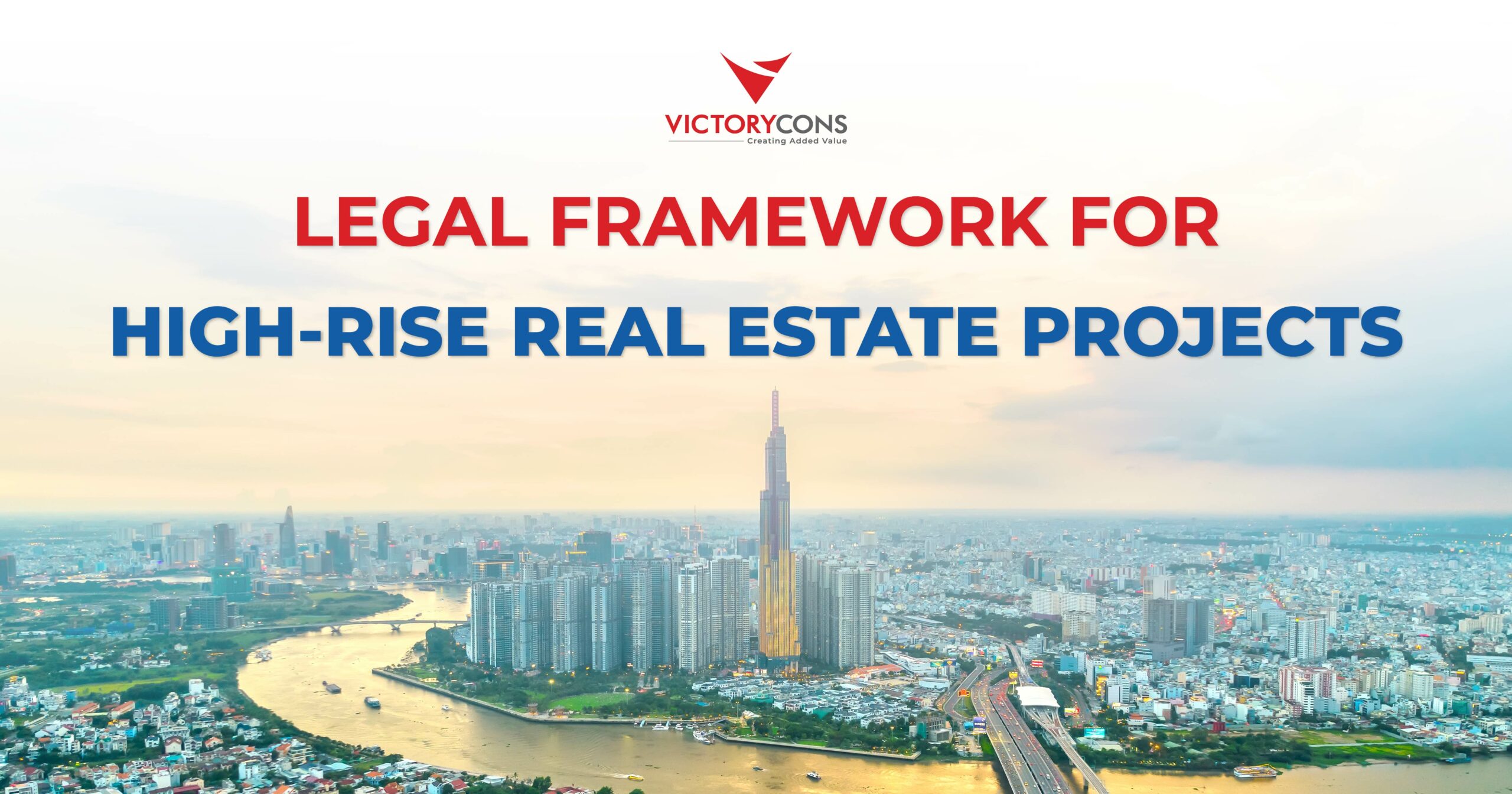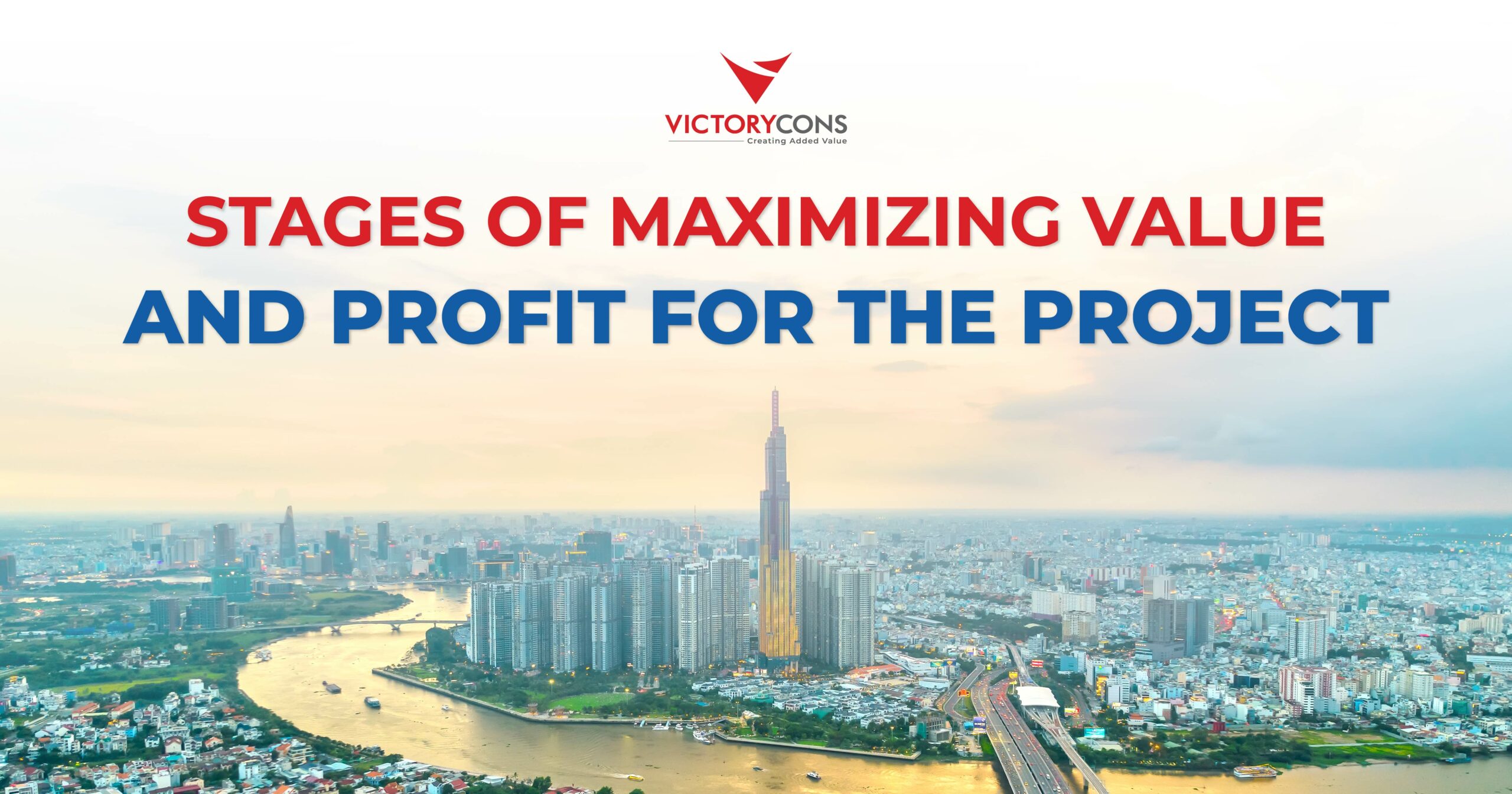In the highly competitive real estate sector, the distinction between professional and non-professional investors lies not only in experience and reputation but also in development strategies, risk management, and value creation for projects. This article will help you understand the key differences between the two types of investors and provide insights on how professional project developers can support non-professional investors in enhancing their capabilities and business efficiency.
1. What defines a professional and a non-professional investor?
A professional investor is not only financially capable but also possesses comprehensive project management skills and a strategic development mindset. Unlike non-professional investors, professional investors have successfully completed multiple commercial housing projects, earning customer trust and establishing a strong market presence. Well-known investors such as VinHomes, Nam Long, Khang Điền, and Đất Xanh not only develop products but also align closely with market demand and consumer trends.
On the other hand, a non-professional investor may be an individual or organization that has never developed a commercial housing project before. They often lack technical expertise and project management experience, leading to projects that fail to meet market needs, experience delays, and struggle to achieve desired efficiency.
2. Three key differences between professional and non-professional investors
2.1. Product development mindset
A successful real estate project is not just about completing construction; it must also meet market demands and customer expectations. Professional investors excel in this area due to their structured approach to product development.
- Professional investors have a strategic board and a market research team that helps them position and develop products with clear objectives. This ensures their projects meet current demand and increase in value over time. Their design, legal, and construction processes are well-coordinated, minimizing errors and optimizing costs. This approach ensures both high quality and profitability.
- Non-professional investors often develop projects based on personal perspectives or shareholder opinions, without conducting thorough market research. They rely on non-specialized consulting firms, leading to products that are misaligned with market needs. As a result, they frequently make costly adjustments, wasting resources and affecting project timelines.

2.2. Organizational structure and risk management
Every project carries risks, from legal and design phases to construction and sales. Effective risk management and a well-structured organization are crucial for professional investors.
-
Professional investors have a comprehensive management system that includes:
- Design management
- Project legal team
- Cost management
- Project operations
- Marketing & sales
Their structured workflow and risk control mechanisms ensure that every project stage runs smoothly, minimizing potential risks.
-
Non-professional investors lack full organizational structure and risk management expertise, leading to inefficiencies in project execution. Most of their tasks are fragmented and lack overall control, resulting in higher costs and lower project value.
2.3. Value creation and cost optimization
Professional investors focus on long-term project value, rather than short-term profits. This strategy helps them attract customers and ensure sustainable project growth.
-
Professional investors enhance project value through:
- Innovative design
- High-quality materials
- Strong after-sales services
As a result, they can increase product selling prices while maintaining good profit margins and brand reputation.
-
Non-professional investors prioritize cost reduction, focusing on minimizing investment costs to keep selling prices low. However, this approach compromises product quality and market appeal, leading to low project profitability and weak competitiveness.
3. How professional project developers support non-professional investors
Entering the real estate sector can be challenging for non-professional investors due to limited experience and expertise. However, partnering with a professional project developer like VictoryCons can help them overcome these challenges.
With over 13 years of experience in large-scale developments such as Gold Hill, Opal Boulevard, ST Moritz, Opal Skyline, LuxCity Cẩm Phả, VictoryCons serves as a strategic partner for non-professional investors. By leveraging market expertise and structured development processes, VictoryCons helps:
- Improve project management systems
- Enhance product quality
- Optimize investment costs
This ensures that projects achieve the desired success and maximize profitability.

VictoryCons’ project development model provides:
- Enhanced investor positioning – Delivering high-quality products that attract customers and boost sales performance.
- Guaranteed project success – Structured management ensures 100% project completion, meeting the standards of professional investors.
- Time and cost savings – VictoryCons helps investors reduce project timelines by 70% and cut investment costs by 10-15%, while increasing project profitability by 10-15%.
4. Conclusion
Inforgraphic:


Với hơn 15 năm kinh nghiệm trong quản lý và triển khai các dự án xây dựng quy mô lớn, ông đã từng đảm nhận nhiều vị trí lãnh đạo chủ chốt như Trưởng Ban Quản lý Dự án, Giám đốc Điều hành, và Phó Tổng Giám đốc Phát triển Dự án tại Tập đoàn Đất Xanh. Kể từ khi gia nhập VictoryCons, Ông đã có những đóng góp xuất sắc và mang tính chiến lược để giúp công ty đạt được nhiều thành tựu vượt bậc.
New strategy, new team – VictoryCons lays the foundation for success in 2025
The Most Comprehensive Legal Framework for High-Rise Real Estate Projects
Construction Progress of Cara River Park – January 2025
The Stages That Maximize Value and Profit for a Project






